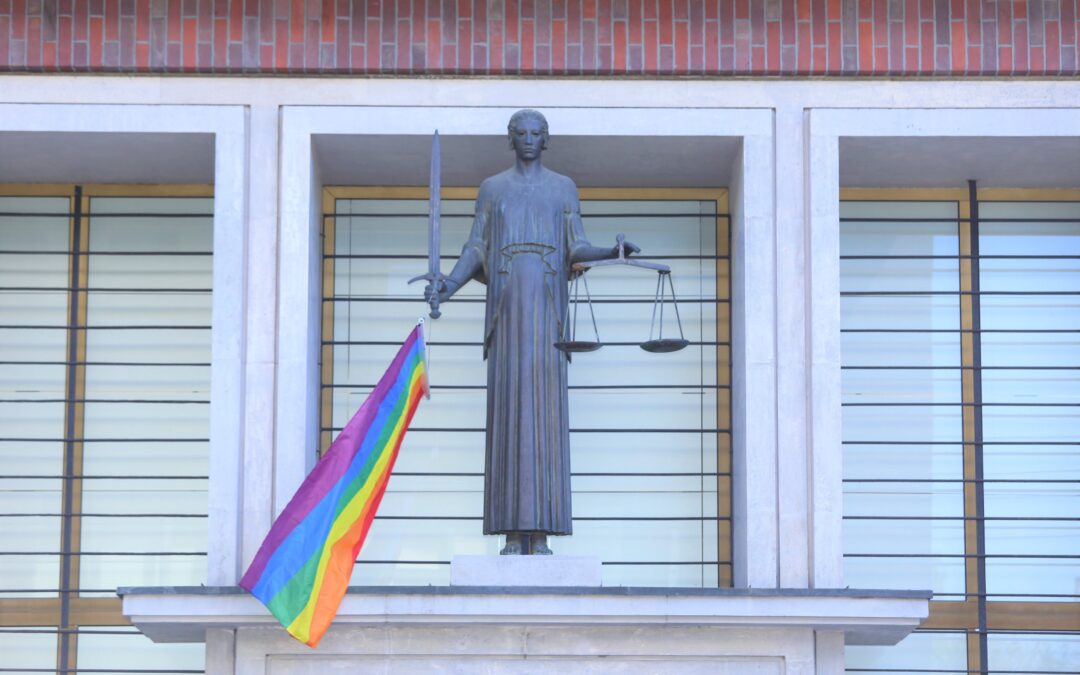A court in Poland has ruled that an employer discriminated against a transgender employee by requiring her to wear a male uniform despite her identifying as a woman.
The judgement, which invoked both EU law and the Polish constitution, is a “precedent” for transgender rights in Poland, says the country’s commissioner for human rights, Adam Bodnar.
The case concerns a transgender woman, Joanna, hired to work for a security company. She was still going through the legal process of formally changing her gender identity – a difficult and lengthy procedure in Poland – meaning that, although she identified as female, her documents still showed her as male, reports Polsat News.
“In the course of recruitment, the employer treated the claimant as a woman, but when he found out about her [legal male] gender identity, he prevented her from taking up her duties in a humiliating manner, making it a condition, among other things, that she agree to work in a male uniform,” wrote Bodnar.
The plaintiff brought a claim for damages against the employer for violating her right to equal treatment through discrimination and harassment. Her case was supported by the commissioner for human rights and Campaign Against Homophobia (KPH), an NGO that works on behalf of LGBT rights.
In an initial ruling, a lower court dismissed Joanna’s claims, arguing, among other things, that having to wear a male uniform was not humiliating as women have been wearing trousers since the 19th century. She appealed, and the district court in Warsaw has now issued a binding ruling in her favour.
“Although the issue of transsexualism has not yet been fully clarified and regulated in the Polish legal system, [there is] a prohibition of discrimination against transsexual persons,” the court wrote in its justification, cited by the Polish Press Agency.
The judges noted that this principle stems in part from European law. But “the prohibition of discrimination on the basis of gender identity may also be derived from [Polish] constitutional principles concerning the protection of the dignity of every human being and equal treatment”.
Both Bodnar and KPH note that the case is the first such ruling in Poland deriving from a law on equal treatment introduced in 2010 to implement EU provisions in this area. The judgement is of “historic significance”, said Paweł Knut, a lawyer from KPH.
“For the first time, a Polish court confirmed that it is not permitted to discriminate against transgender people in employment,” said Knut. “The emphasis in this ruling on the constitutional prohibition of discrimination sets a new standard of protection in Poland.”
He continued:
The court showed a thorough understanding of the essence of being a transgender person and of the fact that Joanna was a woman at the time of recruitment, although it was before her formal gender change. For the court, it was more important who Joanna was, not what she had in her documents.
Joanna herself, issuing a statement through KPH, said that she “hopes this verdict will encourage other people to fight for their rights”.
The ruling comes amid growing conflict over LGBT issues in Poland, whose national-conservative government has led a campaign against what it calls “LGBT ideology” – and sometimes “gender ideology” – since early last year.
Poland was recently ranked as the worst country in the European Union for LGBT people, based on their legal situation and the “social climate” they face.
Main image credit: Krzysztof Cwik / Agencja Gazeta

Daniel Tilles is editor-in-chief of Notes from Poland. He has written on Polish affairs for a wide range of publications, including Foreign Policy, POLITICO Europe, EUobserver and Dziennik Gazeta Prawna.




















